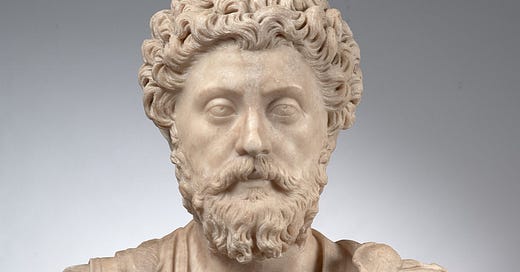In our modern time, the idea of a gentleman may seem quaint to some, maybe even outdated or obsolete. But this perception misses the point. A true gentleman is not defined by wealth or aristocracy, but by the virtues that he embodies. Those virtues are the timeless character traits that shaped civilizations and built lasting legacies.
The Founding Fathers of America were not perfect, but they aspired to virtue as both a civic and personal necessity. For example, Benjamin Franklin outlined 13 personal virtues, and sought to live by them each day. As a young man, George Washington copied out The Rules of Civility & Decent Behavior in Company and Conversation, a list rooted in Jesuit and Enlightenment traditions that emphasized composure and self-restraint. He not only listed these rules, but lived by them throughout his life.
Men of that era were steeped in the wisdom of classical antiquity. Thomas Jefferson read Greek and Latin, John Adams studied Cicero, and Franklin admired the Stoics. Their understanding of liberty was tied to self-mastery, a principle found in the works of Plato, Aristotle, and the Roman Stoics like Seneca and Marcus Aurelius.
To them virtue was not for show, it was essential. It’s time we rediscovered that truth and focus on living virtuously instead of living for ourselves. In this article, I propose ten virtues for men of all ages to study and exemplify in their daily life.
Keep reading with a 7-day free trial
Subscribe to The Ways of a Gentleman to keep reading this post and get 7 days of free access to the full post archives.



